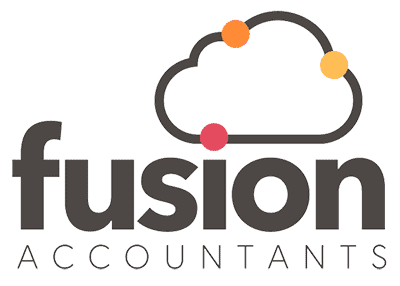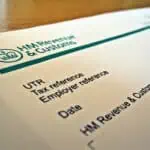Freelancer Guide to Managing Cash Flow
Reading Time:
As a Freelancer, you are, on the one hand, focusing on sourcing work or the next project and making sure you get paid, and on the other, managing your cash flow to ensure that you have enough money to pay for all your expenses. It is not easy to juggle all these elements, especially when you are starting. However, cash flow management can be a considerable challenge for the self-employed, and it is an essential part of running a successful freelance business.
Hopefully, this quick guide will give you some helpful tips and advice on managing your cash flow as a freelancer.
Build up your cash reserves
In case of a slow period at work or unforeseen bills, always have a financial cushion in the bank. A six-month emergency fund could cover any shortfalls, missing payments, or unanticipated costs.
Agreeing payment terms
All your customers should be aware of your payment terms. These should be communicated from the first meeting, in the contract terms and conditions, and on invoices. It is best to ensure that you receive a deposit up-front if possible. It is also advised that terms and conditions on late payments such as interest charged on late payments should be agreed upon in writing if possible, from the start of the business relationship.
Issue invoices on time
The best approach to manage your cash flow is to have a solid invoicing and payment process in place. To keep your business afloat, you need to ensure that you charge your clients accurately. You know that the workload can fluctuate month to month, making it difficult to forecast income and expenses, so send out invoices early to reduce cash flow gaps.

Managing your workload and identifying your most trustworthy paying clients comes from knowing where and when money is due. It may also help you identify clients who consistently pay late or not at all.
As soon as work is completed, send the invoice to your customer, and always include the following:
- Your name.
- Address.
- Unique invoice number.
- The customer’s name and address.
- The date.
- All goods, quantity, description, and total amount excluding VAT.
- Your payment terms and details.
It is best to send this out by email so that you have a copy of when and to whom it was sent to in case you have any payment disputes.
Predict your future business finances
A cash flow forecast will help you gain a good picture of what your future cash flow may look like. Look at both expenses that need to be paid and income that you should receive in a specified period. Expenses are normally fixed for each month and so that makes projecting the amount that you will need per month much easier to forecast. Predicting how much of your income you should save to cover these expenses is a good way to ensure that you never fall into the red.
Healthy cashflow using online Accounting software
Our in-depth knowledge of the industry and how freelancers work has helped 100’s of our clients make the most of their take-home pay. We have trusted advisers with the UK’s market-leading accounting software Xero, QuickBooks, and Freeagent to help you better manage your cash flow as well as sync your bank transactions to help you forecast and budget your expenses. Our expert freelance accountants will evaluate your sales data, balance sheets, income and spending to help you manage your cash flow and plan for the future. Accounting solutions that perfectly fit your freelancing lifestyle!






